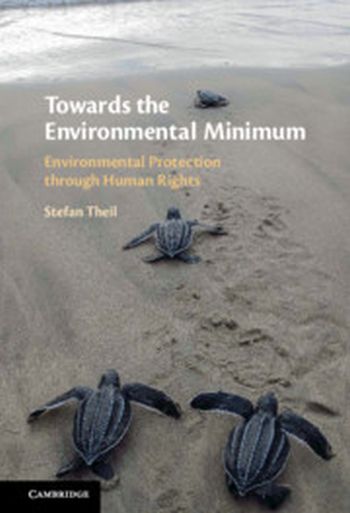
Pervasive environmental harm that disproportionately impacts vulnerable members of society is left largely unregulated across the globe despite existing legal commitments to human rights and environmental protection in many states. To address this shortcoming, Stefan Theil proposes a new normative framework for environmental protection through human rights law. In clear and accessible prose, he demonstrates how such a human rights-based approach can strengthen environmental protection without requiring radical departures from established protection regimes and legal principles. The environmental minimum developed in the book translates the general and abstract commitments of states into specific and practical measures that protect the environment. The framework develops the doctrine of international, regional, and domestic courts, analysed through an innovative approach that improves contextual awareness. This book is thus a valuable resource for lawyers, social scientists, political theorists, environmental and human rights advocates.